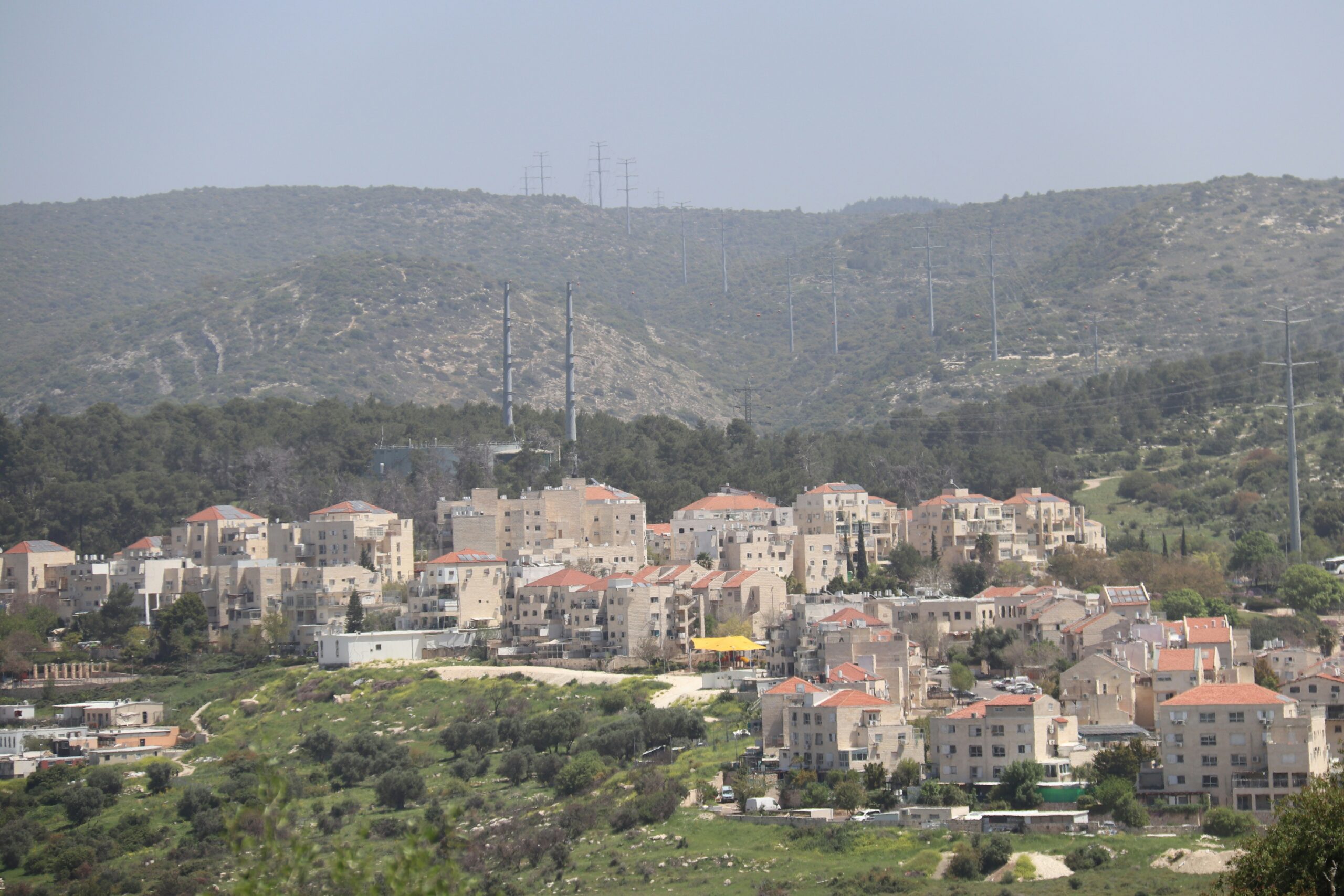
In a move that could have profound implications for the Israeli-Palestinian conflict, Israeli Finance Minister Bezalel Smotrich has announced a controversial plan to effectively split the occupied West Bank in half. This announcement has been met with immediate concern and has raised alarms about the future of peace in the region.
Key Facts
- The plan involves the construction of thousands of new homes for Jewish settlers in a strategic area between occupied East Jerusalem and the Maale Adumim settlement.
- This development would create a significant barrier, physically dividing the West Bank and potentially making the creation of a contiguous Palestinian state unfeasible.
Background
The West Bank, a key piece of territory at the heart of the Israeli-Palestinian conflict, has been a major point of contention in peace talks. The area is considered occupied territory by the international community, following its capture by Israel during the 1967 Six-Day War. Over the years, the establishment of Israeli settlements has been a critical barrier to peace negotiations, with Palestinians seeking the territory for a future state.
Implications of the Plan
Finance Minister Bezalel Smotrich, known for his far-right political views, explicitly stated that this plan ‘definitively buries the idea of a Palestinian state.’ This statement underscores the significant shift in policy and the potential derailment of any two-state solution frameworks previously supported by the international community, including longstanding policies of the United States and the United Nations.
International Reactions
The announcement has drawn sharp criticism from Palestinian authorities and international observers. They argue that the move not only exacerbates tensions but also violates international laws that deem all Israeli settlements in the occupied territories illegal. The plan’s implications for regional stability and peace are profound, potentially inflaming further conflict in an already volatile area.
What’s Next
The international community, including key stakeholders in the Middle East peace process, will likely scrutinize the unfolding developments. How global powers respond to this plan will be crucial in determining the future diplomatic landscape in the region. Meanwhile, the feasibility and timeline of the settlement constructions, as well as their immediate impacts on the ground, remain closely watched components of this unfolding story.


